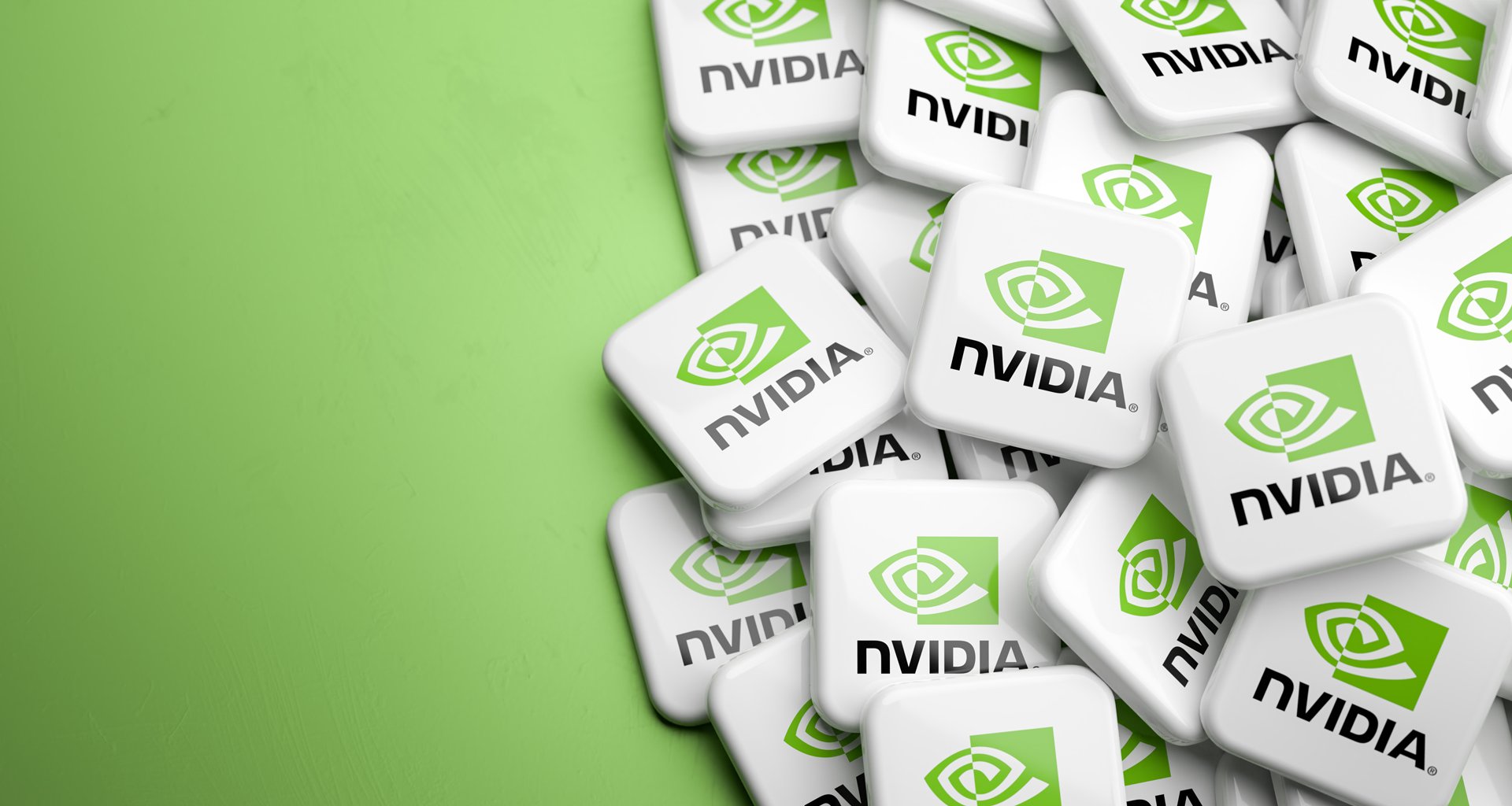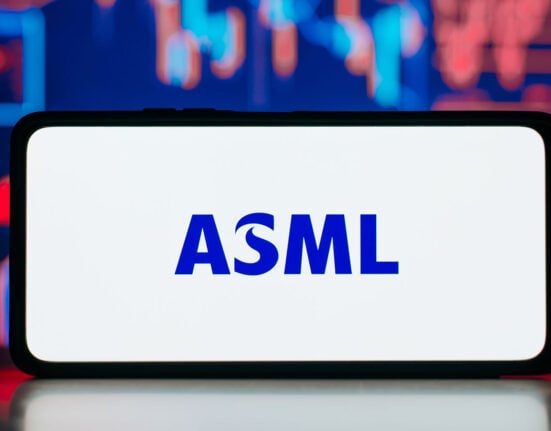After an unprecedented decision was made last month from the US government to grant NVIDIA and AMD licenses to sell their chips into China – which detailed that both NVIDIA and AMD would have to pay 15% of the revenues they generated to the US – another spanner has potentially been thrown in the works as reporting suggests China is actively discouraging its top tech companies from purchasing NVIDIA’s AI chips.
Last month, NVIDIA and AMD were given licenses to sell their H20 chip and M13087 chip, respectively, to the Chinese market after they agreed to give the US 15% of the revenue they made from these sales.
It tracks an ongoing story in the US-China tensions, as the US’ ambition to foster homegrown AI and semiconductor industries resulted in the announcement of tariffs worldwide in April 2025. Tempers between China and the US flared, as they continued to increase tariffs against one another in retaliation.
Now, that number sits on 30% from the US to China, and 10% from China to the US.
Tech companies like NVIDIA have been unintentionally caught in the crossfire. In spite of NVIDIA CEO Jensen Huang’s three visits to China this year, it is being suggested that China is urging its tech companies not to buy AI chips from NVIDIA. This reporting came from The Financial Times, who said that China’s Internet regulator, the Cyberspace Administration of China, was behind this urging.
Huang said that Washington and Beijing “have larger agendas to work out”, in response to a question about China’s regulations at a press conference in London: “We can only be in service of a market if a country wants us to be. I’m disappointed with what I see, but they have larger agendas to work out between China and the United States, and I’m patient about it.”
However, Reuters reported that Chinese tech companies are unwilling to give up NVIDIA’s AI chips and continue to want them due to the performance they offer.
The country also accused NVIDIA of violating anti-monopoly laws, although it has not specified how NVIDIA did so. Companies that are found in violation of these laws can face fines of between 1% and 10% of their annual sales.
The Chinese market last year made up 13% of NVIDIA’s total sales, and although the impact of alleged decision making remains to be seen, shares of the company fell 2.6% on 17th September, demonstrating that the market is viewed as key to NVIDIA’s success.








